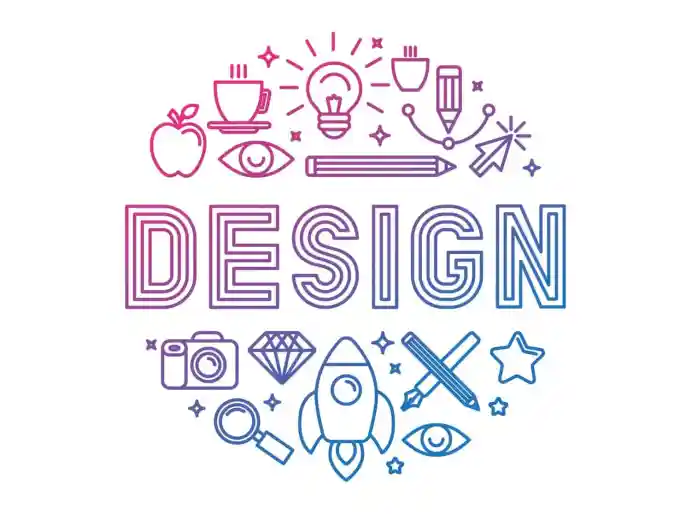2 mins read
The Pros and Cons of Buying Used Cars: What You Need to Know
Buying a used car can be a smart financial decision for many individuals, offering both advantages and disadvantages that potential buyers should carefully consider. Understanding the pros and cons can help you make an informed choice when navigating the used cars market.
Pros:
- Cost Savings: One of the most significant advantages of buying used cars is the cost savings. Used cars typically have a lower upfront price compared to their new counterparts, allowing buyers to get a reliable vehicle without breaking the bank.
- Depreciation: New cars can lose a significant portion of their value in the first few years. Used cars have already experienced this initial depreciation, which means you won’t face the same rapid loss in value when you drive off the lot.
- More Car for Your Money: With a fixed budget, you can often afford a higher-end model or a car with more features when buying used. This allows buyers to enjoy a more luxurious or well-equipped vehicle than they might have been able to afford.
- Certified Pre-Owned Programs: Many dealerships offer certified pre-owned (CPO) programs that include inspections and extended warranties. This can provide additional peace of mind, knowing that the used car has undergone thorough testing and comes with a certain level of protection.
- Insurance Savings: Insurance premiums are generally lower for used cars compared to new ones. This is because the replacement cost is lower, reducing the financial risk for insurance companies.

Cons:
- Limited Warranty: Unlike new cars that come with comprehensive warranties, most used cars are sold “as-is” or with limited warranties. This means that any unforeseen issues or repairs may become the buyer’s responsibility.
- Unknown History: Used cars often come with a history that is not fully known to the buyer. This could include accidents, mechanical problems, or other issues that may impact the car’s performance and longevity.
- Technology and Features: Older models may lack the latest safety features, technology, and fuel efficiency found in newer cars. Buyers should carefully consider their priorities and preferences when it comes to these aspects.
- Higher Maintenance Costs: As a car ages, it may require more maintenance and repairs. Buyers should be prepared for potential additional expenses, especially if the used car has not been well-maintained by previous owners.
- Limited Availability: The specific make, model, and features you desire may not be readily available in the used car market. This can limit your choices and potentially make it harder to find the exact car you want.



